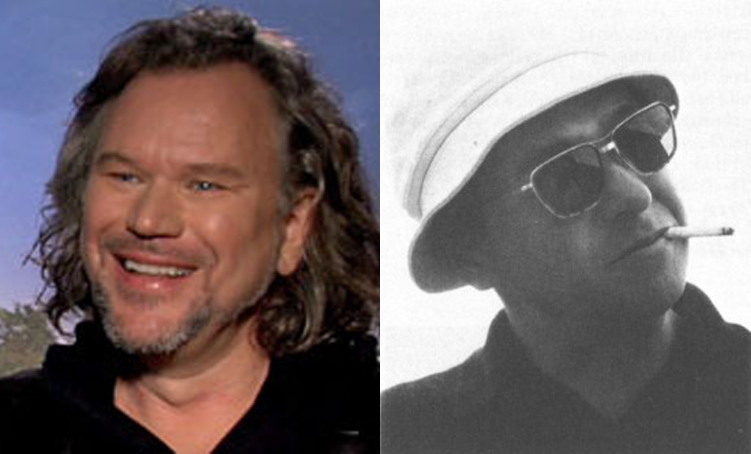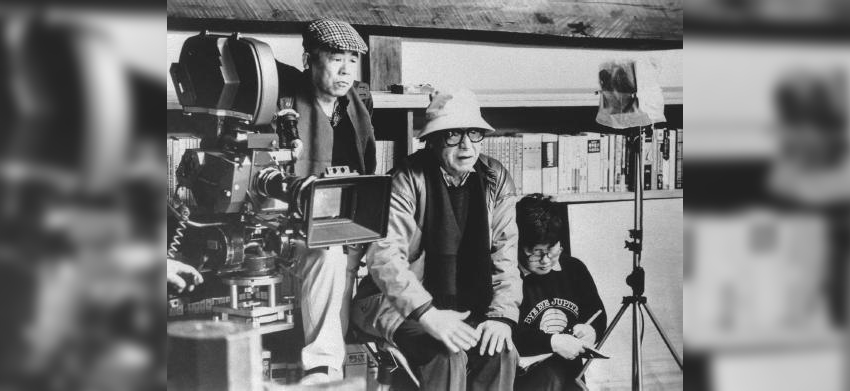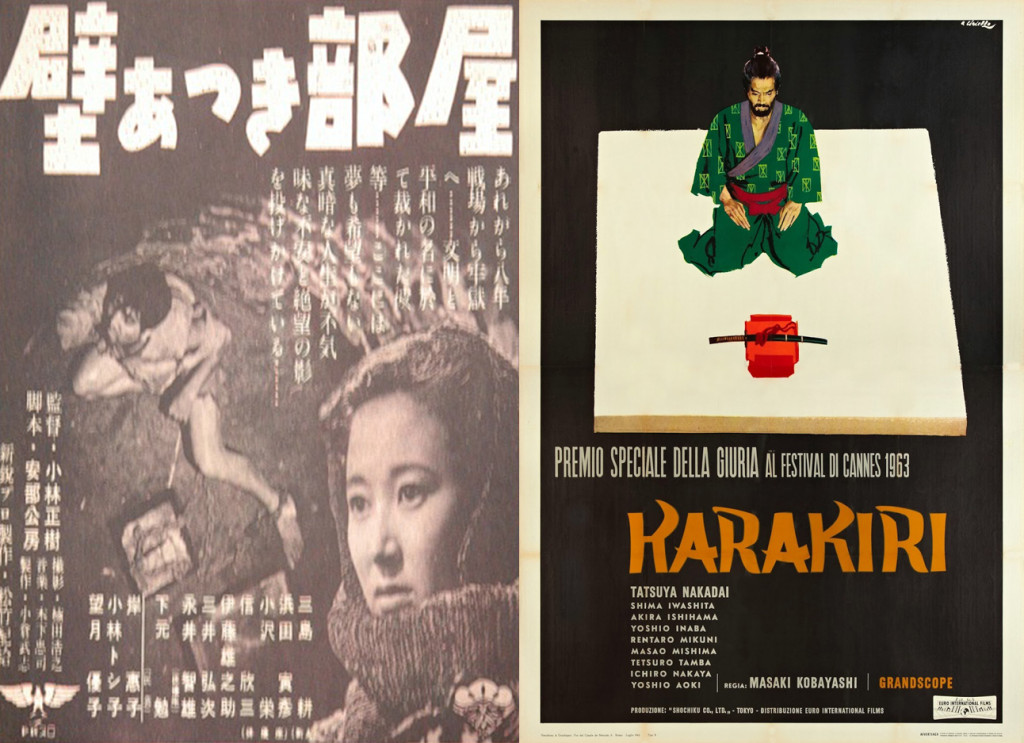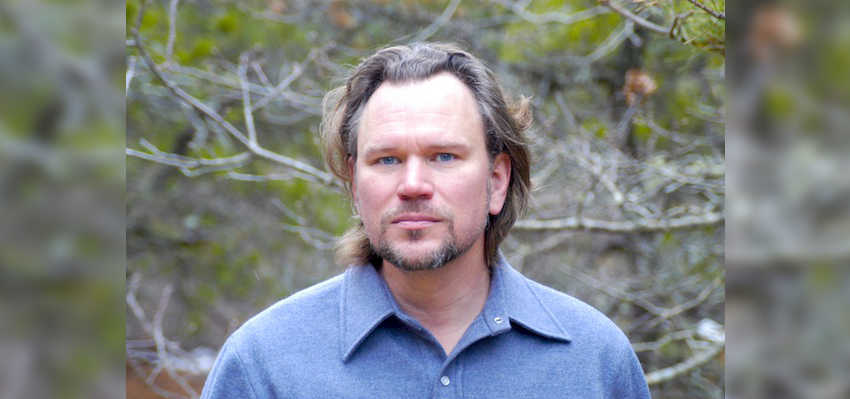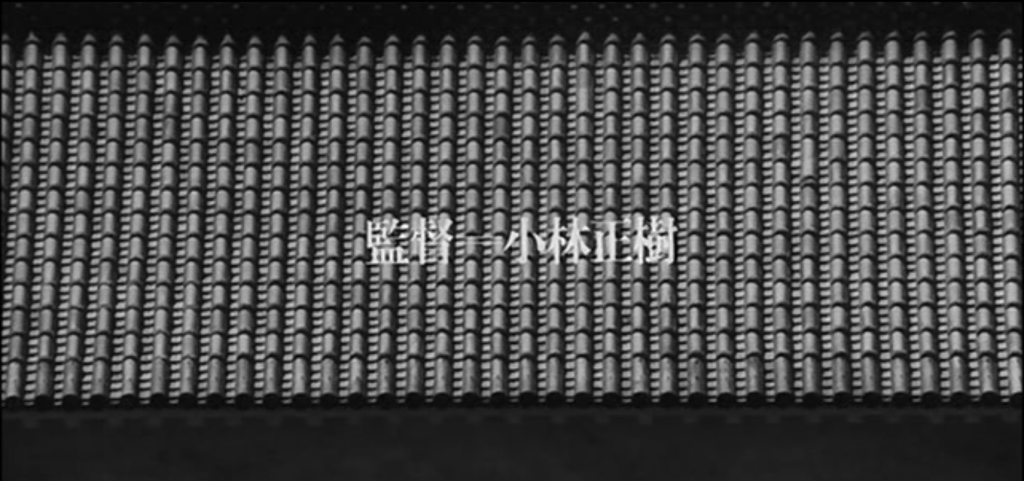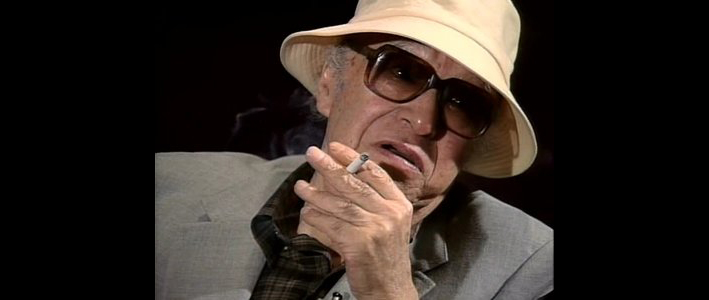Did you know this episode marks the fifth anniversary of Hell Is For Hyphenates? If you didn't before, you do now. So no playing dumb.
Last year when we celebrated our 50th episode (we mark every possible occasion available to us), we noted that it was fitting we do so not with a big-name filmmaker of the month, but rather with someone we hadn't actually heard of before. If this show is all about discovery (and it is), then there's nothing more appropriate.
So it's cool that it's happened again.
We were pretty excited when screenwriter Mark Protosevich agreed to be our guest, and were fascinated by his choice of filmmaker: Masaki Kobayashi.
Other names were bandied about as possibilities, but Mark chose Kobayashi largely because he's a filmmaker who rarely gets his dues. And when we began watching his work, it became clear that we were dealing with one of the all time greats. How is Kobayashi not as big a name in cinema as Kurosawa, his contemporary, colleague and friend?
If, like us this time last month, you're not familiar with Kobayashi's works, then this is the episode for you. We talk the Samurai epic Harakiri, the terrifying ghost story Kwaidan, and one of the most impressive cinematic achievements of all time, World War Two epic The Human Condition.
As always, we begin by reviewing a few key films from the past month, and this time they all reflect our future in some way: Brad Bird's Tomorrowland, George Miller's Mad Max: Fury Road, and Alex Garland's Ex Machina.
But that's not all. Our middle segment this month is one you have to hear if you've ever complained about a screenwriter ever. We look at the way in which writers are credited in Hollywood: complex guild arbitration means that the credited writer may not actually be the one responsible for the script. What seems like an insane system from the outside starts to make sense once you examine it, and there's no one better to talk about this than Mark. We were hoping for a few generalised stories that avoid specifics, but what we got was both candid and eye-opening.
“I have sole credit on that film, but not a single line of dialogue in the film was written by me.â€
If you're not a subscriber and only listen to the occasional episode, then this is one you have to hear. And it's not always the done thing to ask for a gift, but if you could swing by iTunes and leave us a positive review, that would be a lovely birthday present.
If you want to brush up on the films of Masaki Kobayashi first, remember to check out our Cheat Sheet here, before listening to the episode here.

